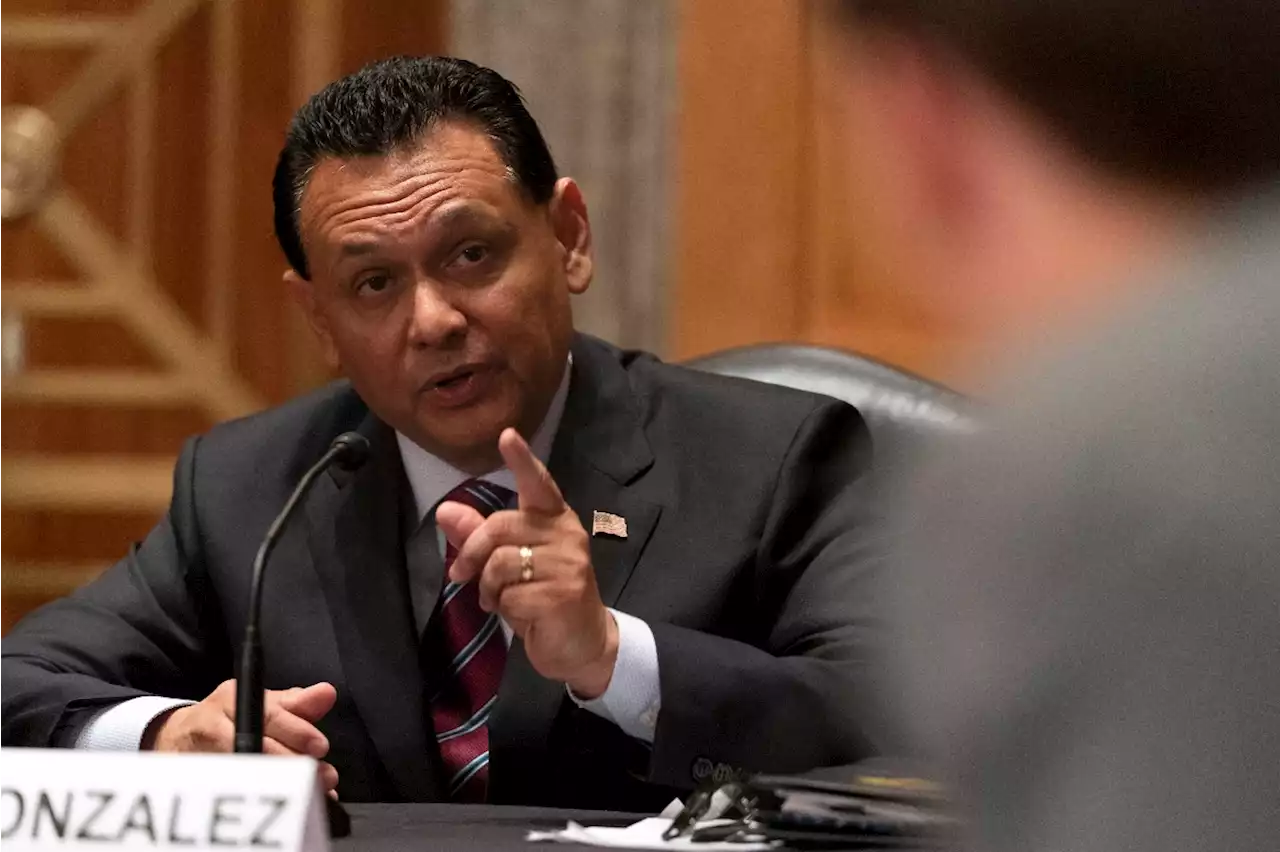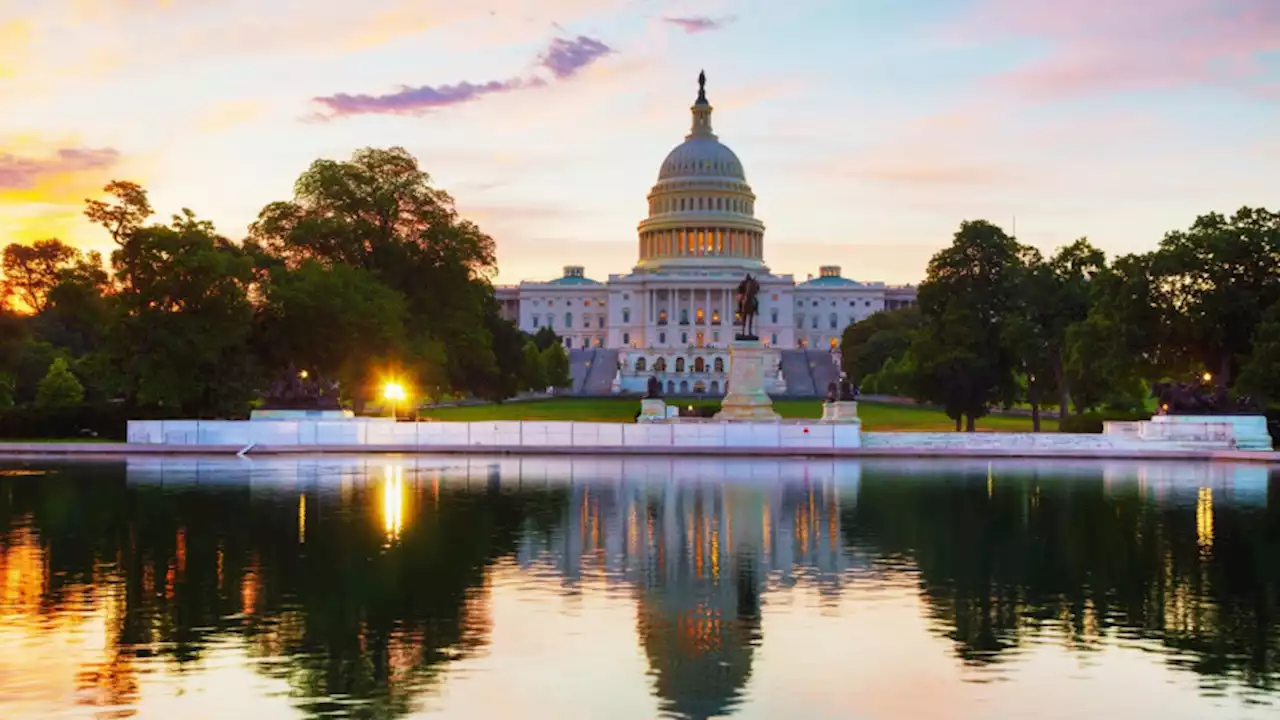Will you miss moving the clock back? ⏰ engineering
in 1918 but was abolished soon after to be brought back in 1942 as War Time with the switching back in the summer. Since federal laws did not mandate DST in the U.S. until 1966, states were free to use the system if they wanted to. This resulted in quite some confusion for the transportation industry after which the Uniform Time Act was brought in.
Even after reviews of the system over decades, the practice of DST that is effective in the U.S. for two-thirds of a year means that students go to school in the dark even as revenues from shopping and golfing remain on the higher side. Since 2015, as many as 30 states in the U.S. have adopted legislation that does not require them to change their clocks twice a year, Reuters said in its report.
This is because the circadian rhythm - our body's clock that maintains the physical, mental and behavioral patterns over a 24 hour period - undergoes disruption with the clock changes, which can take a few weeks to settle down. Two clock changes in a calendar year mean that our bodies have to cope with this major shift twice every year just so that businesses can benefit in monetary terms, something that 71 percent of Americans are against.
France Dernières Nouvelles, France Actualités
Similar News:Vous pouvez également lire des articles d'actualité similaires à celui-ci que nous avons collectés auprès d'autres sources d'information.
 Bill To Make Daylight Saving Time Permanent Passes SenateFour years ago, 60% of Californians voted to end the biannual time change.
Bill To Make Daylight Saving Time Permanent Passes SenateFour years ago, 60% of Californians voted to end the biannual time change.
Lire la suite »
 White House tries to avoid a Raskin repeat as ICE pick teeters in SenateA handful of undecided Democrats want to see more vetting of domestic abuse allegations that both the nominee and his wife deny.
White House tries to avoid a Raskin repeat as ICE pick teeters in SenateA handful of undecided Democrats want to see more vetting of domestic abuse allegations that both the nominee and his wife deny.
Lire la suite »
 McCormick, ex-hedge fund CEO, aims to be hometown boy in Pennsylvania's key Senate raceAs CEO of the world's largest hedge fund, David McCormick wore suits, lived on Connecticut's ritzy Gold Coast, talked up bipartisanship and described China as America's most important 'bilateral relationship.'
McCormick, ex-hedge fund CEO, aims to be hometown boy in Pennsylvania's key Senate raceAs CEO of the world's largest hedge fund, David McCormick wore suits, lived on Connecticut's ritzy Gold Coast, talked up bipartisanship and described China as America's most important 'bilateral relationship.'
Lire la suite »
